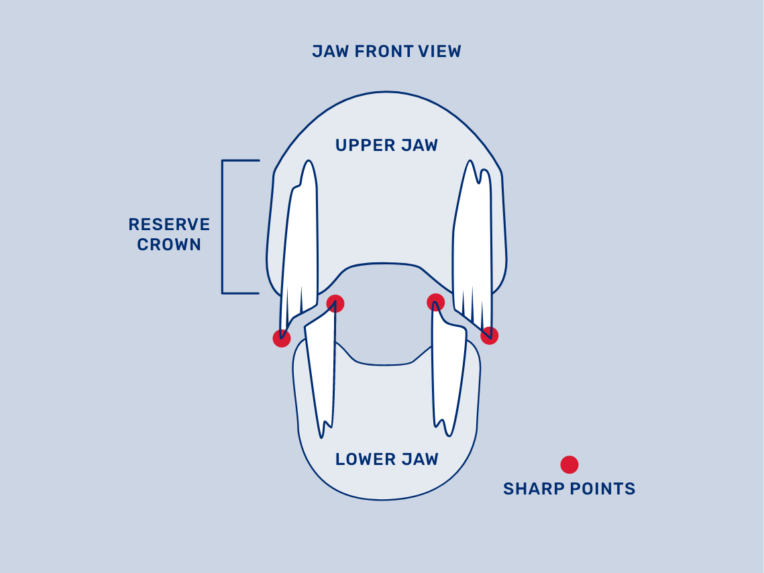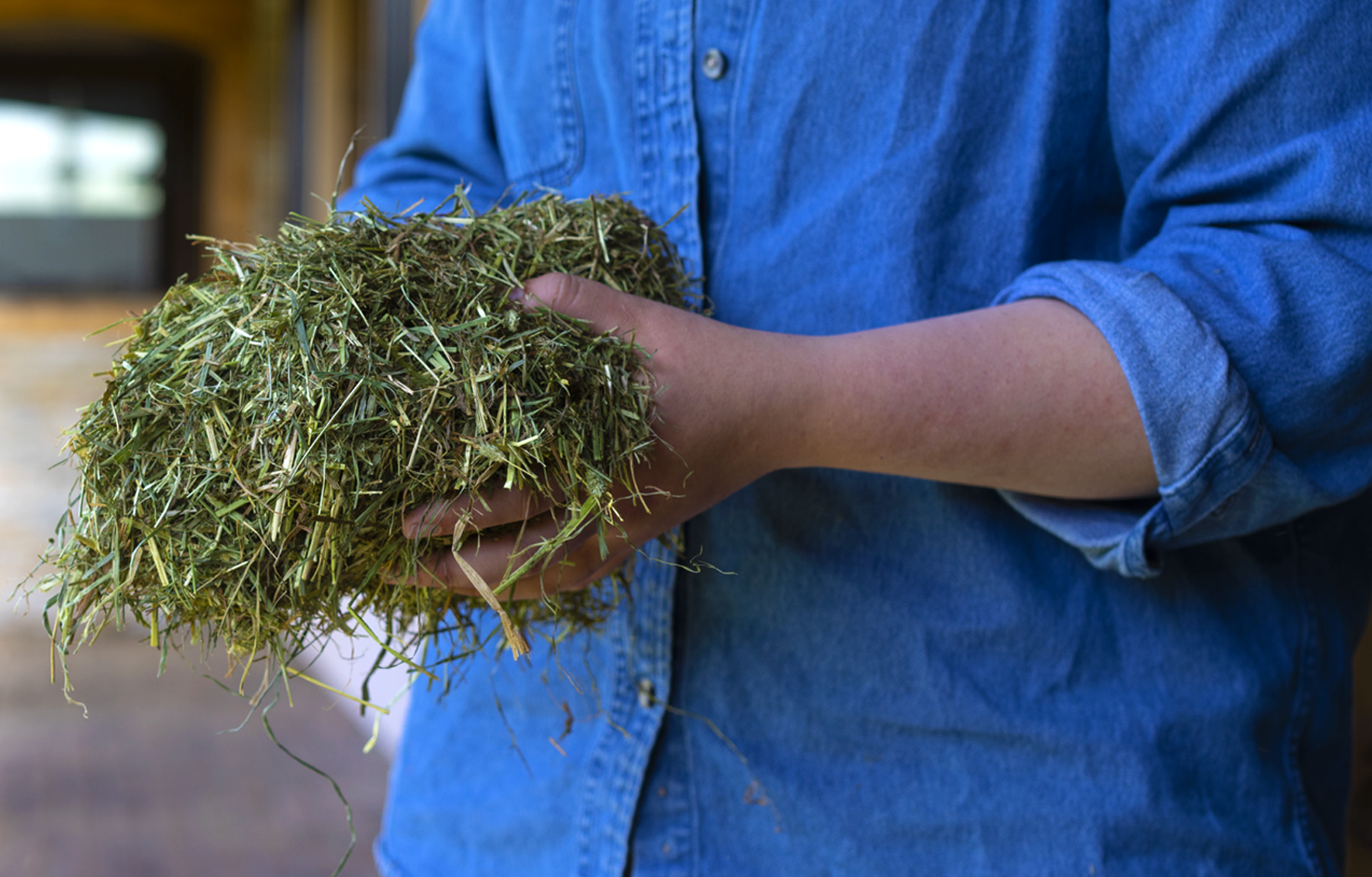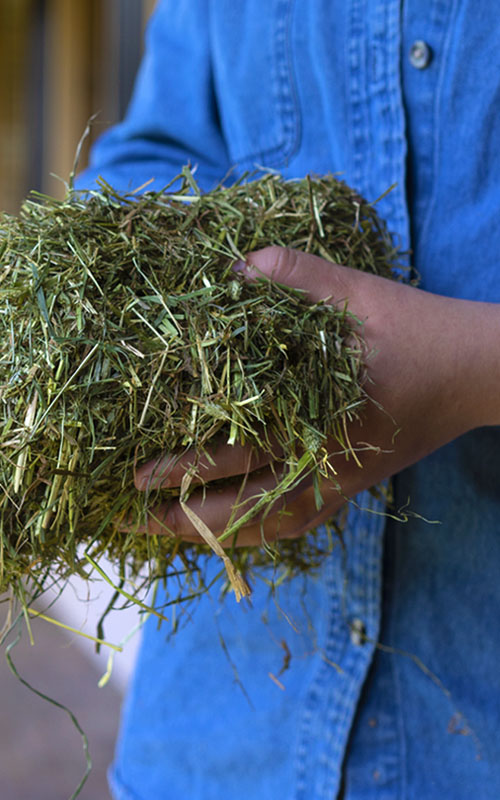Senior with poor teeth?
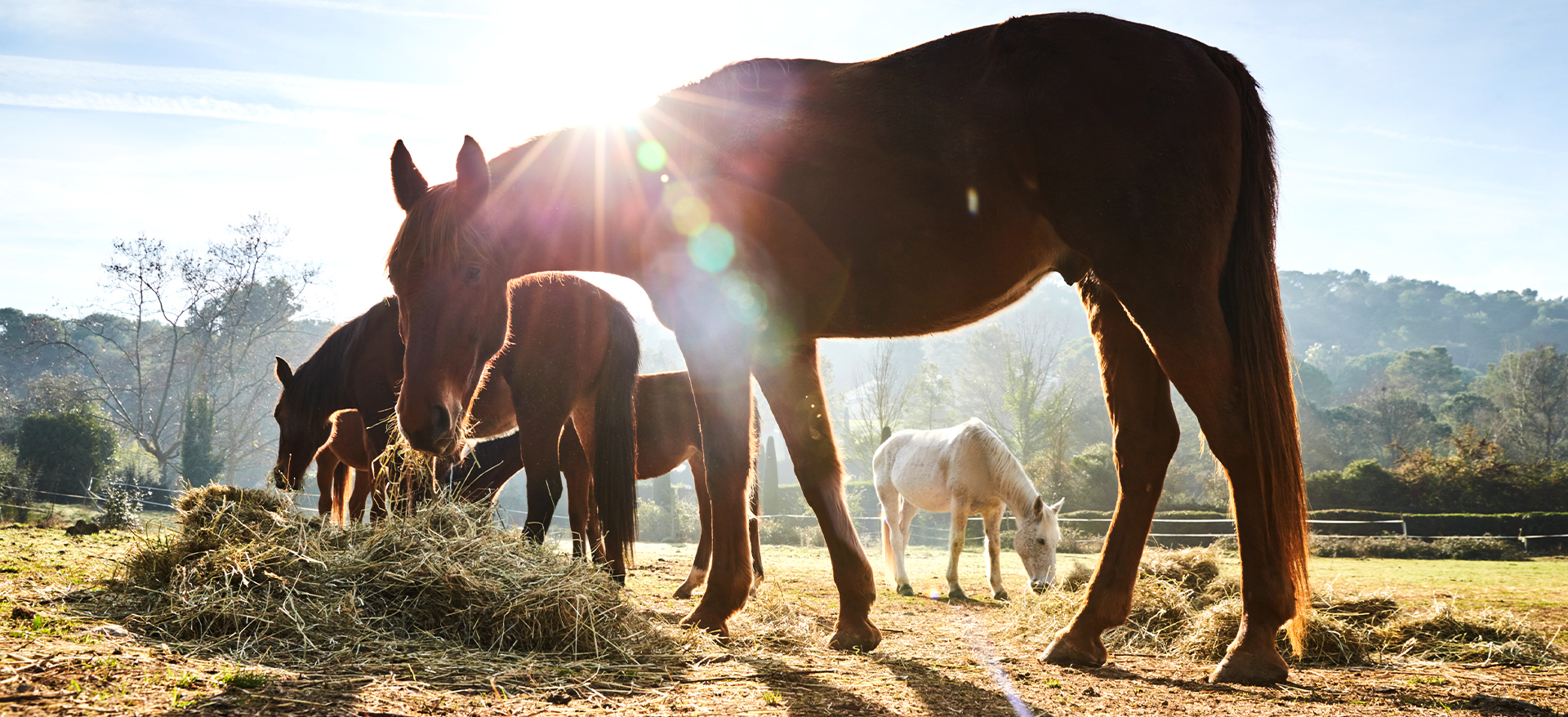
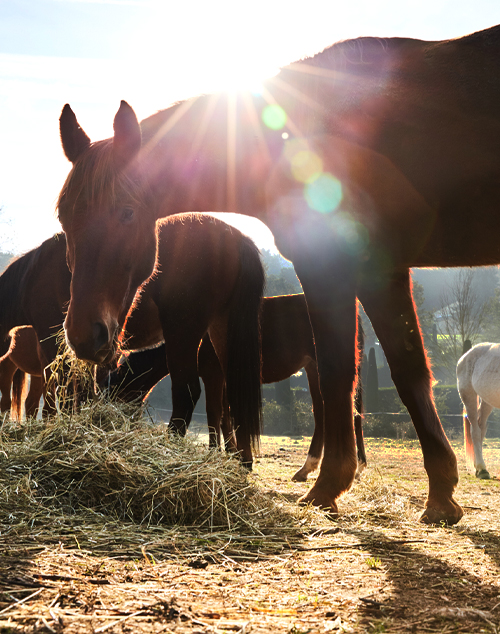
Signs your horse may have poor teeth
Losing weight
Poor dentition can lead to unexplained weight loss. A horse cannot properly absorb their food’s nutrients during digestion if they cannot properly break down the food in their mouth.
Quidding
Check for clumped balls of feed or hay. If your horse is dropping food or spitting out quids, this could be a sign their teeth are uneven or have sharp points causing pain and difficulty chewing.
Age increases health risks
Throughout their life, horse’s teeth experience constant shifting. A portion of their tooth, called the reserve crown, is hidden in the jaw. As chewing wears their teeth, the reserve crown moves down and outward, changing shape and angle. With modern horses living longer, the reserve crown can run out resulting in missing teeth. Horses may experience uneven wear due to gapping, angled teeth, as well as loose or fractured teeth, and infections.
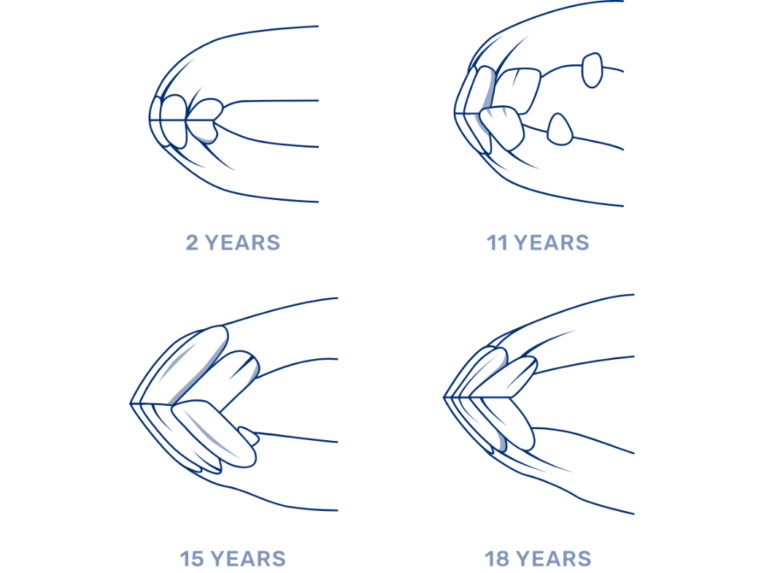
Addressing
Uneven wear
Teeth that have sharp points or rough edges can make it painful for your horse to chew. Some horses may benefit from floating. Floating is a method of filing the teeth to be a more even, flat surface for more efficient and comfortable chewing.
